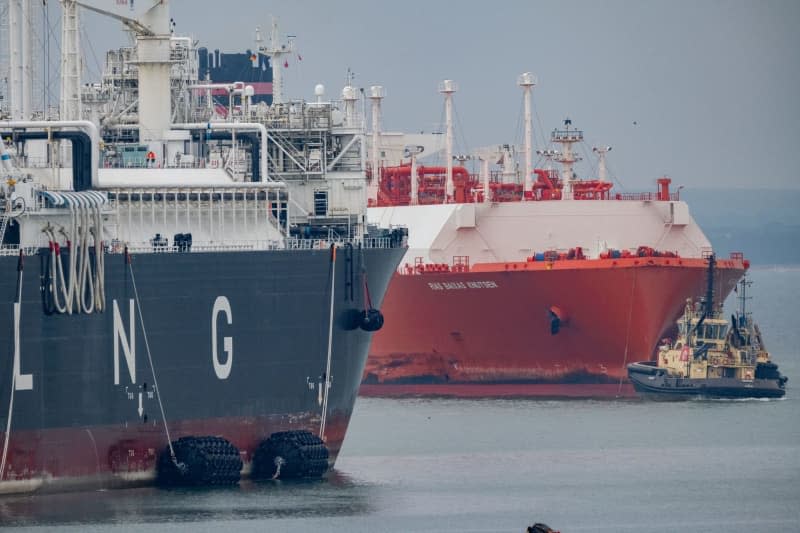
The operator of Germany’s first onshore liquefied natural gas (LNG) terminal is suing the European Commission for approving state subsidies for a rival terminal, the Hanseatic Energy Hub (HEH) said on Thursday.
HEH, a private consortium of companies working without subsidies, is taking legal action against the European Commission at the EU court in Luxembourg as the Brussels authority approved subsidies provided by the German government to a rival project in Brunsbüttel at the mouth of the river Elbe to the north-west of Hamburg.
Germany aims to use LNG to offset the loss of Russian gas supplies. Berlin had previously depended heavily on Russian gas but rapidly sought alternatives after Moscow invaded Ukraine in 2022.
HEH argues that the Brunsbüttel project could proceed without state funding. HEH said a normal market participant would have simply charged higher prices to customers and managed without state money. HEH’s lawyers also say the support encourages operators to be less economically efficient.
HEH, the consortium responsible for the LNG project in Stade upriver from Brunsbüttel on the Elbe, is based in Hamburg and includes the Hamburg port logistics company Buss-Gruppe, the Swiss private equity firm Partners Group, the Spanish network operator Enagás and the US chemical company Dow.
HEH began building the terminal in Stade just outside Hamburg in June, and it is scheduled to become operational in 2027.
The European Commission let the German government support the Brunsbüttel terminal with state subsidies amounting to €40 million ($43 million) in 2023, a sum that could rise to €125 million under certain circumstances, according to the Brussels authority’s funding decision.
However, the German government is involved with significantly more money, having set aside €740 million in the 2022 budget, according to a letter from the Finance Ministry to the Bundestag’s Budget Committee from April 2022.
The German government is 50% involved in the company responsible for the Brunsbüttel terminal, German LNG, through Germany’s KfW development bank.







